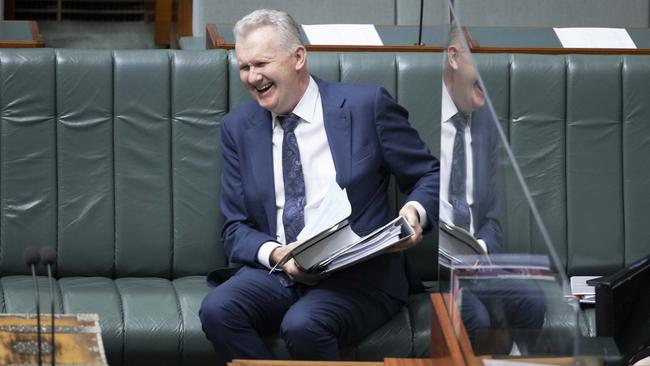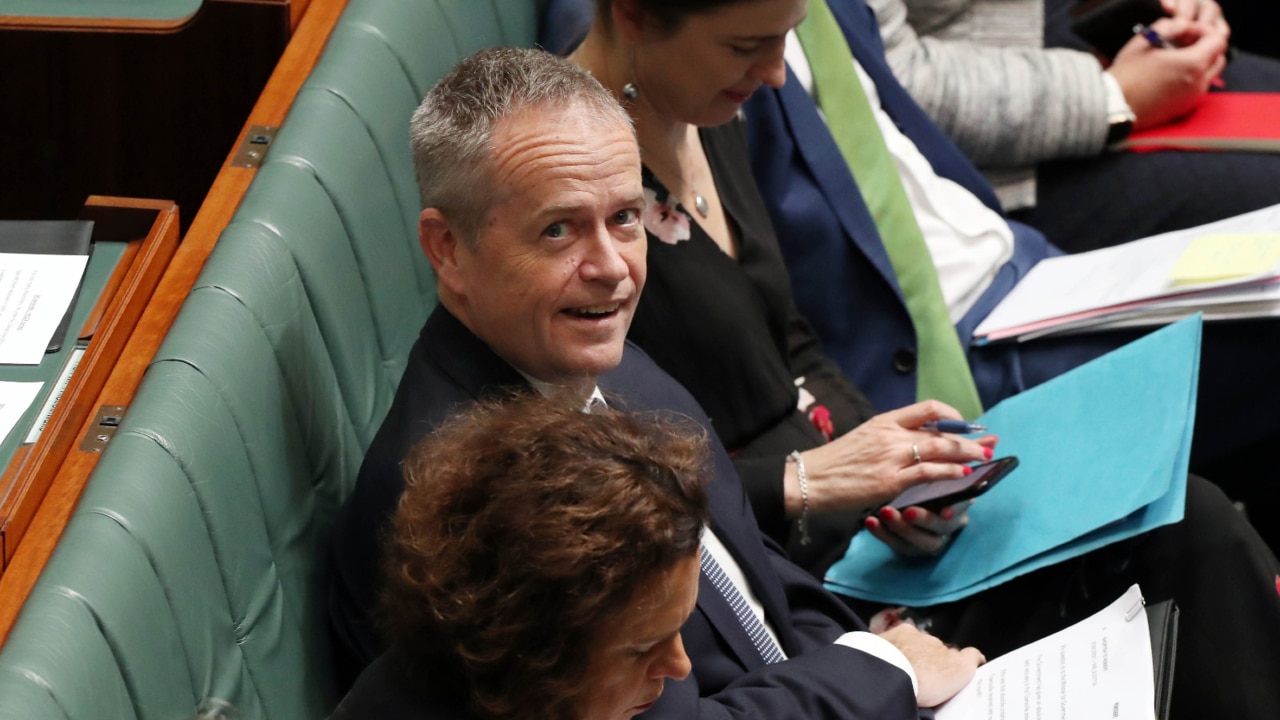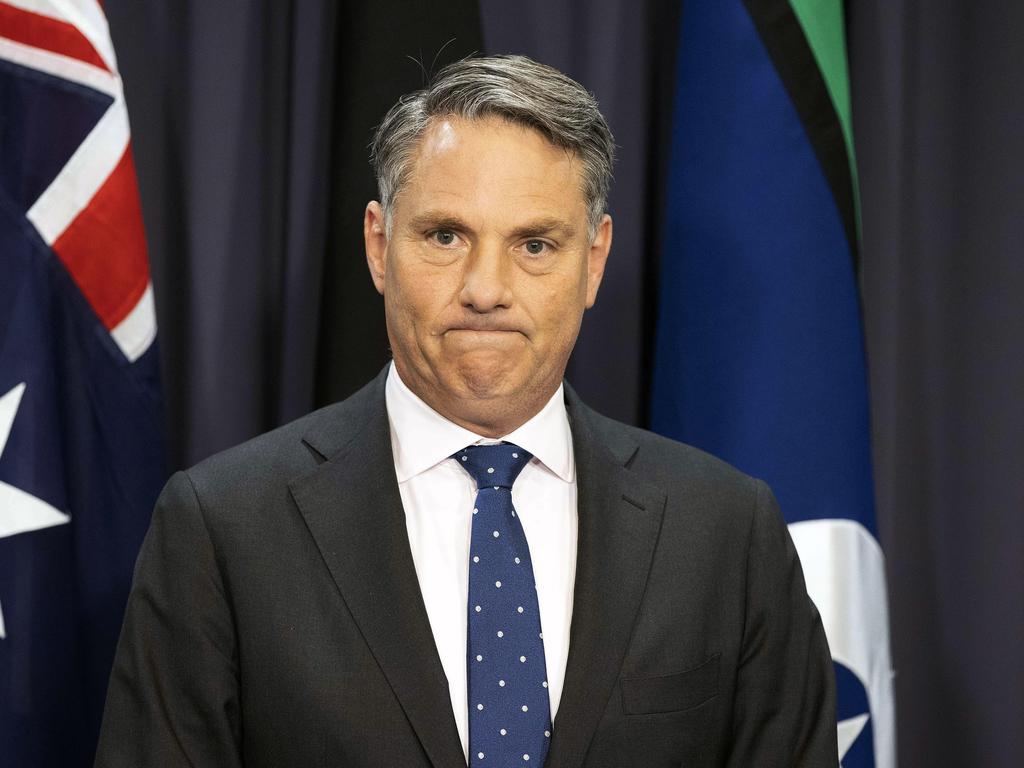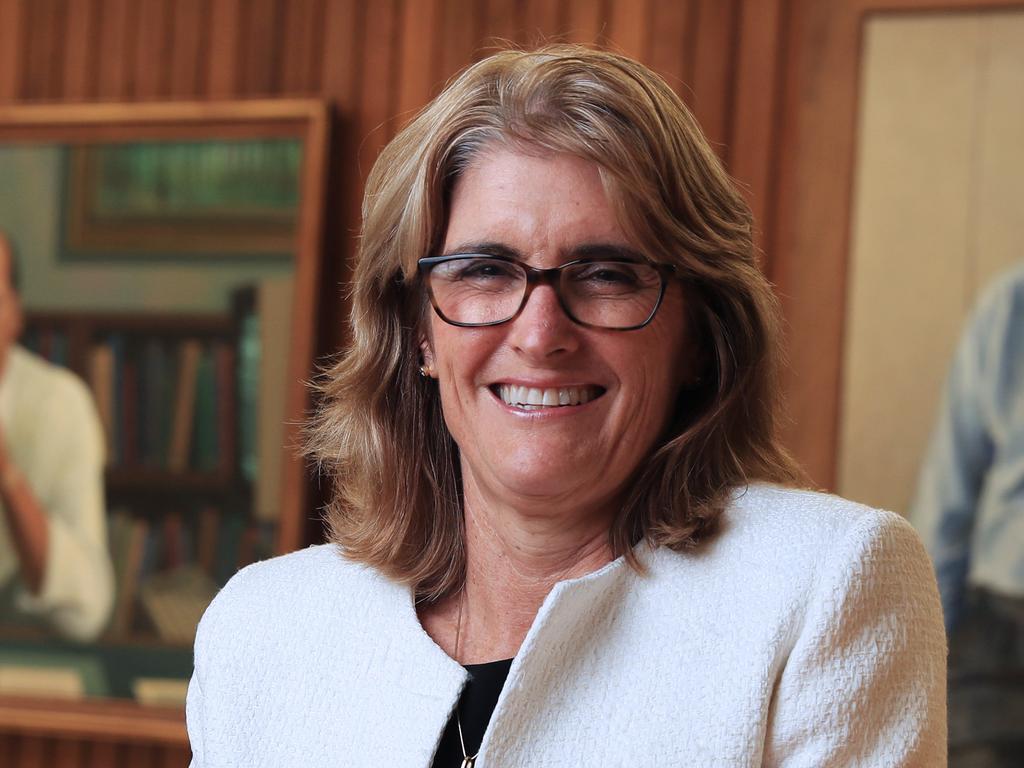Labor industrial relations bill ‘not in a fit state’ to pass: professor Andrew Stewart
Labor’s proposed multi-employer bargaining regime is ‘not in a fit state’ to be passed, a prominent workplace law expert says, as six business groups ramped up fight against the changes.

The most contentious part of Labor’s proposed multi-employer bargaining regime is “not in a fit state” to be passed, a prominent workplace law expert says, as six business groups ramped up their bid to delay or kill off the industrial relations changes.
University of Adelaide law professor Andrew Stewart, who advised the Rudd government on the drafting and structure of the Fair Work Act, said the single-interest multi-employer bargaining stream had “come out of the blue” and it was impossible to know which employers it covered.
He said there was a strong argument to delay the stream until next year unless Labor made significant changes and spelt out who would be affected.
As the government moved to get the bill passed in the lower house on Thursday, the Business Council of Australia demanded the single-interest stream be gutted and made voluntary, claiming the bill could open up “the whole economy to the risk of single-interest multi-employer bargaining”.
The BCA joined five other employer groups in urging a “major rethink” of the bill, calling on the government to either abandon or substantially amend the multi-employer provisions and the increased arbitration powers to be given to the Fair Work Commission.
Echoing Professor Stewart’s concerns, the employer groups said the bill failed to articulate clear parameters around where single-interest multi-employer bargaining would be available
Anthony Albanese told federal parliament Labor had a mandate to pursue the changes.
“After a decade of wage suppression, a decade of low wages being deployed as a deliberate design feature, the Australian people voted for our plans to get wages moving again,” he said.
“The Australian people voted for these reforms. Now the Australian parliament can do the same … this bill reflects the mandate Labor won on the 21st of May and also demonstrates the priority we have put on consultation and co-operation since then.”
ACTU secretary Sally McManus said the employer lobby groups were “standing in the way of wage rises for millions of Australian workers who haven’t seen one in a decade and are now dramatically going backwards”.
“For them, there is never a good time for workers to have a pay rise – it does not matter how large their profits are or how productive workers are. Their calls for more delays are more of the same – no pay rises whilst Australians suffer under the cost of living crisis,” she said.
Despite the government already making amendments, the proposed single-interest stream is the key sticking point identified by ACT senator David Pocock, whose vote is critical to the bill passing.

He wants the stream substantially amended or carved out of the bill and delayed until next year. Employment Minister Tony Burke has flagged further concessions ahead of the bill being voted on by the Senate in coming weeks
Under the multi-employer changes, employers in the single-interest stream must have clearly identifiable common interests and the Fair Work Commission must be satisfied it is in the public interest.
“It’s not clear to me what type of employers it’s meant to cover and what type it isn’t,” Professor Stewart told The Australian.
“I think this legislation is not in a fit state to be passed … when it’s impossible to answer a simple question about who it’s meant to cover and what practical effect it will have. That’s the nub of it. Right now there’s a strong argument for taking that part of the legislation out and getting the rest of the bill through.”
He said he was generally comfortable with the government’s tight timeframe for passing the bill with the exception of the single-interest bargaining stream.
“I remain unable to explain it to anybody. If anyone asks me who does this cover? Who will be accessing this stream? I cannot answer that question. That’s my touchstone at the moment. If I can’t even work out what this new stream is meant to cover, I don’t think it’s reasonable for the Senate crossbench to be asked to wave the bill through,” he said.
“Is this a mechanism that any union can access outside the building industry so long as they can make some kind of argument about common interests, or is this a really exceptional stream that’s only used when the commission is convinced that multi-enterprise bargaining would be in the public interest?
“That’s a massive spectrum of possibilities and the current bill allows for any of that. Until there is more clarification of the government’s intent and of the factors which are to determine who does or doesn’t get access to this bargaining stream, I think there is a strong argument for delay.”
The BCA proposed a series of amendments including that the single-interest stream be voluntary and there be “no risk of “industry-wide strikes”. It joined with the Australian Chamber of Commerce and Industry, the Australian Industry Group, the Council of Small Business Organisations Australia, the Minerals Council of Australia and the National Farmers Federation in calling for major changes to the bill.








To join the conversation, please log in. Don't have an account? Register
Join the conversation, you are commenting as Logout